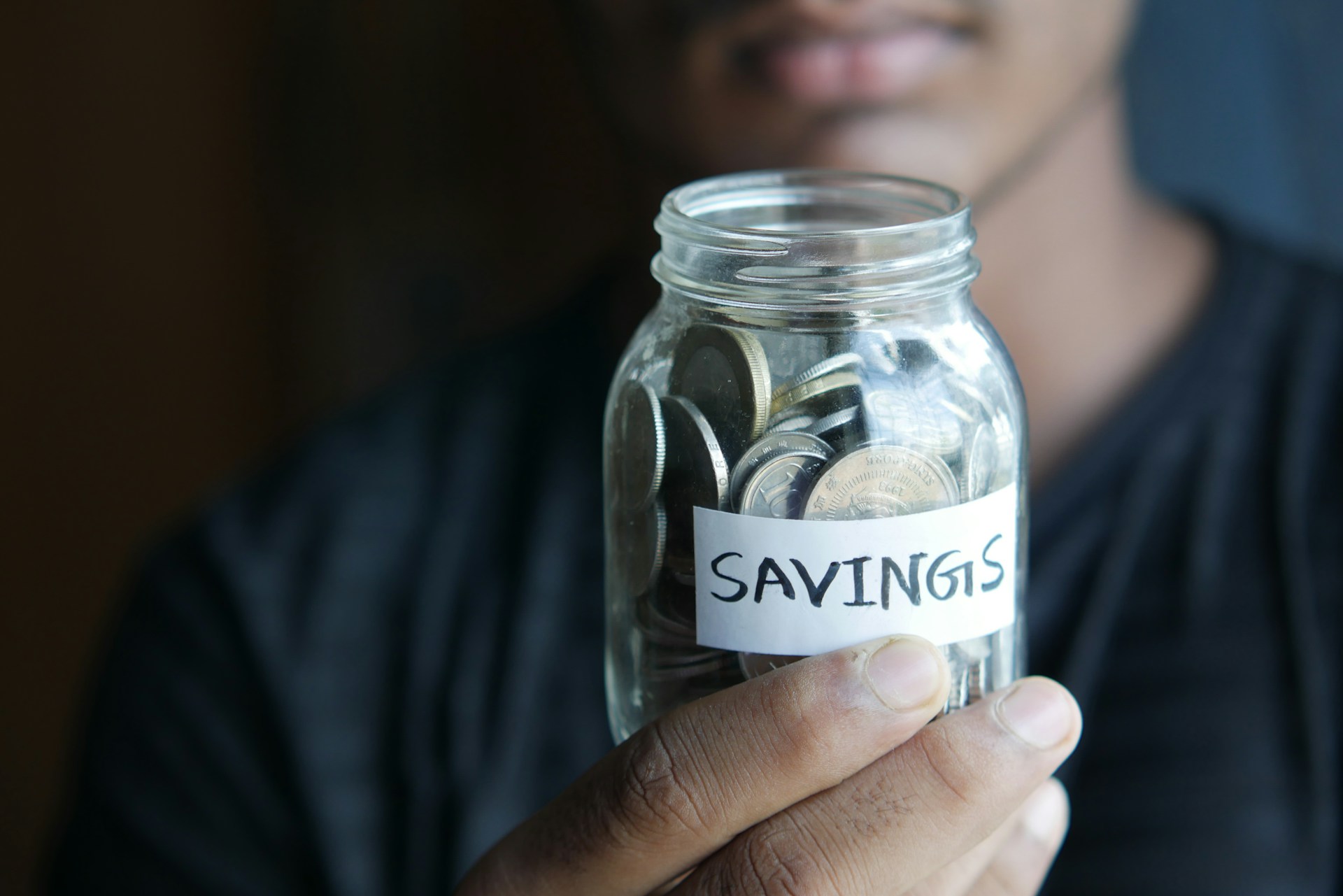Want to feel more secure with your finances? This article shows why creating a money plan is the key to peace of mind. From setting goals to building an emergency fund, planning gives you clarity, confidence, and real control over your future. With just a little financial insight, you can reduce stress, make better decisions, and enjoy more freedom. Start your journey toward financial safety with these simple, powerful steps for smart money management.
Financial security is not about having loads of money. It’s about feeling in control. Knowing where your money is going and your goals makes it easier to face daily life without constant stress. A money plan, no matter how simple, offers this control. It provides direction and peace of mind.
In today’s world, where prices go up and emergencies can strike without warning, having a clear money plan is more important than ever. It’s not just about tracking your spending—it’s about understanding your income, setting priorities, and planning for both short-term needs and long-term goals.
The Emotional Power of Planning
Money worries often create fear and anxiety. You might feel stuck or uncertain about the future. But when you make a plan, you turn that uncertainty into action. You stop reacting to financial surprises and start preparing for them.
Creating a plan helps reduce fear. When you know you have money set aside for emergencies or future expenses, it becomes easier to sleep at night. Planning also enables you to manage debt better and avoid impulsive spending, which can lead to regret.
A strong money plan brings clarity. It helps you see your full financial picture. And with this clarity, you gain confidence.
The Basics of a Money Plan
A money plan is more than just a monthly budget. It includes all the ways you prepare for life’s financial moments. This can consist of saving, reducing debt, setting goals, and planning for big expenses like a home, education, or retirement.
Start with your income. Know exactly how much money you have coming in each month. Next, look at your expenses. List your fixed costs, like rent or utilities, and your variable costs, like groceries and entertainment. With this clear picture, you can spot where your money is going—and where you can adjust.
Savings are also a core part of your plan. Even small amounts add up. Setting aside money for emergencies helps you avoid using credit cards when the unexpected happens. It also prevents stress when life throws you a curveball.
Why Structure Brings Security
Without a plan, money often feels chaotic. You might pay bills late, overspend, or feel like you’re always behind. But when you create structure, everything starts to fall into place.
You begin to manage your money with intention, not guesswork. You can set goals, like saving for a trip or paying off a loan, and track your progress. This gives you a sense of achievement and control.
The more you stick to your plan, the more confident you become. Your financial decisions no longer feel like risks—they feel like steps in the right direction. You’re not hoping things will work out.
Dealing With Unexpected Costs
Life isn’t predictable. A car breaks down. A medical bill shows up. Or maybe you lose your job. These things happen to everyone, but people with a money plan can face them better.
An emergency fund is a simple, powerful tool. It’s money saved for moments like these, and knowing you have this backup makes a big difference in how you respond to trouble. Instead of panic, you feel prepared.
If you don’t have an emergency fund yet, start with a small goal. Even saving a few pounds a week can build a cushion over time. The key is consistency, not size.
Planning for Your Future
Your money plan should also consider the future. What do you want your future to look like? Maybe it’s owning a home, travelling, or retiring comfortably. Setting goals gives your plan purpose.
Once you have your goals, break them into steps. How much do you need? When do you need it? What can you save each month to reach that target?
The future may seem far away, but it starts with today’s actions. The earlier you plan, the easier it is to get where you want to go. That’s the power of having a clear direction.
Better Decisions Start With a Plan
When you have a money plan, decisions become easier. You know your priorities. You know what you can afford. Stop comparing yourself to others because you’re focused on your progress.
You also protect yourself from impulsive decisions. A plan reminds you what matters most and helps you avoid spending on things that don’t align with your goals.
This kind of focus leads to long-term stability. And over time, it gives you more options—like changing jobs, starting a business, or taking a break—because you’ve built a strong financial foundation.
Bringing It All Together
A money plan is more than numbers on paper. It’s a tool for peace of mind. It puts you in control and helps you face life with more confidence.
You don’t need to be perfect; you just need to be consistent. Review your plan regularly, adjust it as your life changes, and keep learning and improving.
Most importantly, believe that you can build a better future. With some patience and smart planning, you’ll feel safer, stronger, and more financially free.

